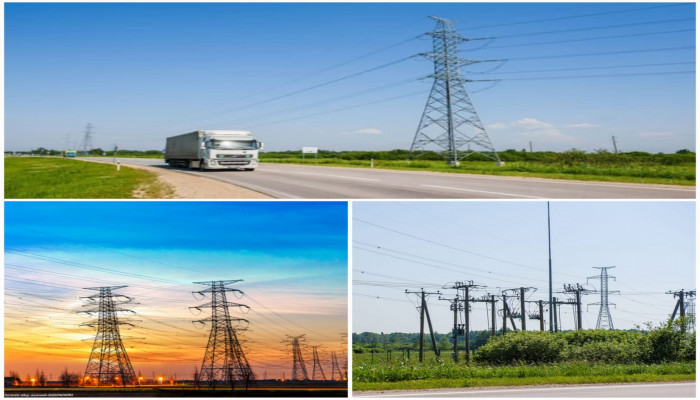Baltic States disconnect from Russian power grid, join EU networks
- In Reports
- 06:14 PM, Feb 08, 2025
- Myind Staff
After enduring months of tension, the Baltic nations of Europe have officially disconnected from the Russian electricity grid for the first time in history. This move ended a long and uncertain energy dependency on Moscow for decades. According to Politico, Lithuania, Latvia, and Estonia will integrate into the EU’s power network on Sunday, marking a significant milestone 20 years after joining the regional bloc.
As a result of this transition, the Soviet-era power grid will now be limited to Russia and Belarus. The shift occurred amid a wave of misinformation. Russian-language leaflets appeared in apartment buildings across the region, falsely claiming that “there will be no electricity” and advising residents to stock up on candles. However, the Baltic nations have not relied on electricity from Russia or Belarus for several years.
Therefore, there will be no sudden increase in electricity prices. “The Russians had been threatening our electricity supply for years,” Ingrida Šimonytė, Lithuania’s prime minister until December, played a key role in overseeing the preparations for the switchover, as she stated. “This was the last, sad remaining connection from our past that was still partially managed by people in Moscow,” she further said.
According to Dan Jørgensen, the EU energy commissioner, the switch would “strengthen the security of supply” for the whole 27-country bloc. “It sends a strong signal that the EU stands together”. He stated it before the changeover. “The EU has heavily invested in this project, over 1.2 billion euros. These are the kind of projects that make our Energy Union stronger," EU officials said.
In 1940, the Soviet Union occupied the three Baltic nations as part of its agreement with Nazi Germany. They later regained independence in the 1990s following the collapse of the Soviet Union. As they transition to the European power network, the Baltic states will run their electricity grid independently for one day before fully synchronising. This step will allow them to import electricity from EU countries through Poland if necessary.
A big challenge facing the Baltic nations is the risk of sabotage targeting undersea power cables. In recent months, there have been incidents where oil tankers dragged their anchors through these cables, raising suspicions that Russia could be planning to disrupt these critical networks.
“Since February this year, we’ve observed a different approach from the Russian special services,” according to Vilmantas Vitkauskas, who leads Lithuania's National Crisis Management Centre, the agency responsible for handling emergencies and boosting resilience. “Instead of so-to-speak ‘soft measures’ like disinformation or cyber, they’ve turned to more kinetic actions,” he counted.
Vitkauskas stated that Russian-linked vessels have unrestricted access to the Baltic Sea, posing a critical infrastructure risk, as Politico reported. He proposed establishing a “concentrated passage in the sea where exactly those ships can cross,” making monitoring their movements “easier for us.” Additionally, he suggested reinforcing undersea cables in the area with gravel or other materials for added protection.
“The power grid operators are confident they have done what is needed to make this work without a problem, even despite some of the Baltic Sea infrastructure challenges," Marek Kohv, a former Estonian military official and current research head at Tallinn's International Centre for Defence and Security, stated.
“However, Russian disinformation has attempted to play on people’s fears, with some ordinary people worrying they have to stock up on water and tinned goods,” he further said. “In reality, this information operation is the real danger, not the synchronisation with the European network.” Therefore, it will be fascinating to see how Russia handles the situation.







Comments